Beware: Don't Fall for Funeral Payment Scams!
The loss of a loved one is a deeply emotional and vulnerable time. Unfortunately, scammers prey on this vulnerability, attempting to exploit grieving families for financial gain. One particularly insidious scam involves fraudsters contacting individuals, posing as representatives of funeral homes or related services, and requesting payment for funeral arrangements.
Here's what you need to know to protect yourself:
If someone calls you requesting payment for funeral services, immediately be suspicious and follow these steps:
- Do NOT give them any personal or financial information. This includes your Social Security number, bank account details, credit card numbers, or any other identifying information.
- Hang up the phone. Do not engage with the caller, even to argue or demand proof of their legitimacy. The longer you stay on the line, the more information they might be able to glean from you.
- Contact your funeral director immediately. This is the most important step. Explain the situation and verify whether the call was legitimate. Your funeral director will be able to confirm if there are any outstanding payments and what the proper payment procedures are. Reputable funeral homes will never demand payment over the phone, especially without prior confirmation.
- Report the scam. Contact your local police department, the Federal Trade Commission (FTC) at ftc.gov, and your state's Attorney General's office to report the incident. Providing details about the call, such as the phone number and what the caller said, can help authorities track and potentially catch the scammers.
Why are these scams so dangerous?
- Emotional Manipulation: Scammers exploit the grief and urgency surrounding funeral arrangements to pressure victims into making hasty decisions.
- Identity Theft: By obtaining personal information, scammers can steal your identity and use it to open fraudulent accounts, make unauthorized purchases, or even file false tax returns.
- Financial Loss: Giving out financial information can lead to direct theft from your bank accounts or credit cards.
What are some common tactics used by these scammers?
- Impersonation: They often impersonate funeral home staff, cemetery workers, or even government officials.
- Urgency: They create a sense of urgency, claiming that the funeral cannot proceed without immediate payment.
- Demanding Payment Details: They directly ask for credit card numbers, bank account details, or other sensitive financial information.
- Pressuring for Immediate Action: They might pressure you to make a payment immediately, claiming that the price will increase if you delay.
How to avoid becoming a victim:
- Communicate directly with your chosen funeral home. Do not rely on incoming calls or emails from unverified sources.
- Be wary of unsolicited contacts. If you receive a call or email regarding funeral arrangements that you did not initiate, be extremely cautious.
- Verify information independently. Always independently verify any information you receive from a potential scammer by contacting the relevant organization (funeral home, cemetery, etc.) directly.
- Never provide personal or financial information over the phone or email to someone you don't know and trust.
- Educate your family members, especially elderly relatives, about these scams. They are often targeted due to their perceived vulnerability.
Losing a loved one is a difficult experience. Don't allow scammers to exploit your grief and financial well-being. By staying vigilant and following these tips, you can protect yourself and your family from falling victim to this heartless scam. Remember, when in doubt, contact your funeral director directly. Their contact information will be readily available and they are the trusted source of information regarding funeral costs and arrangements.




